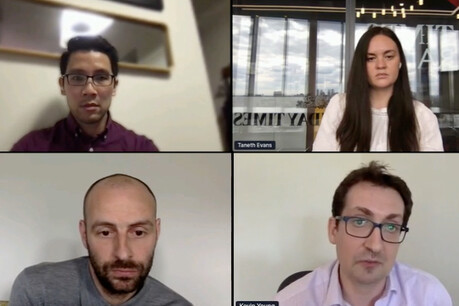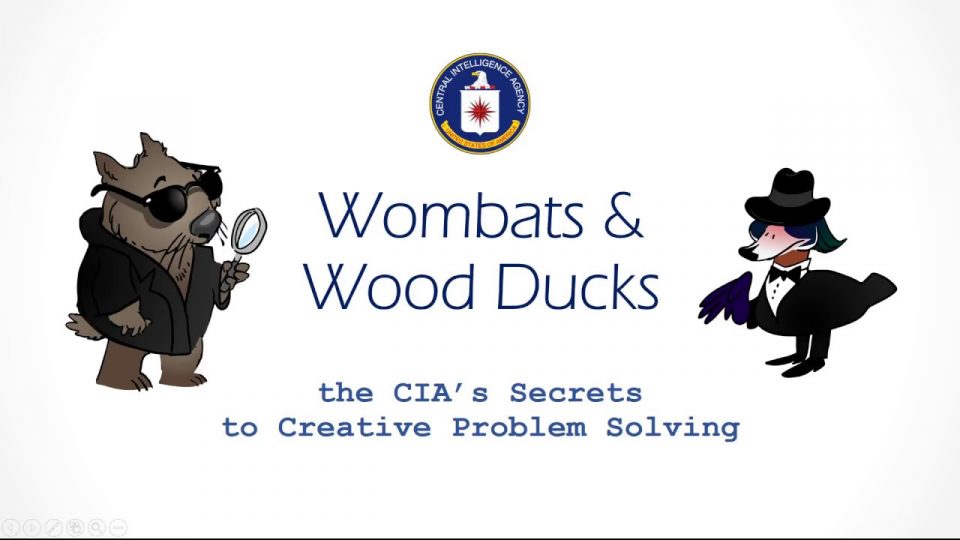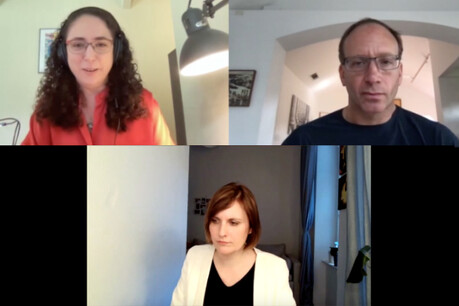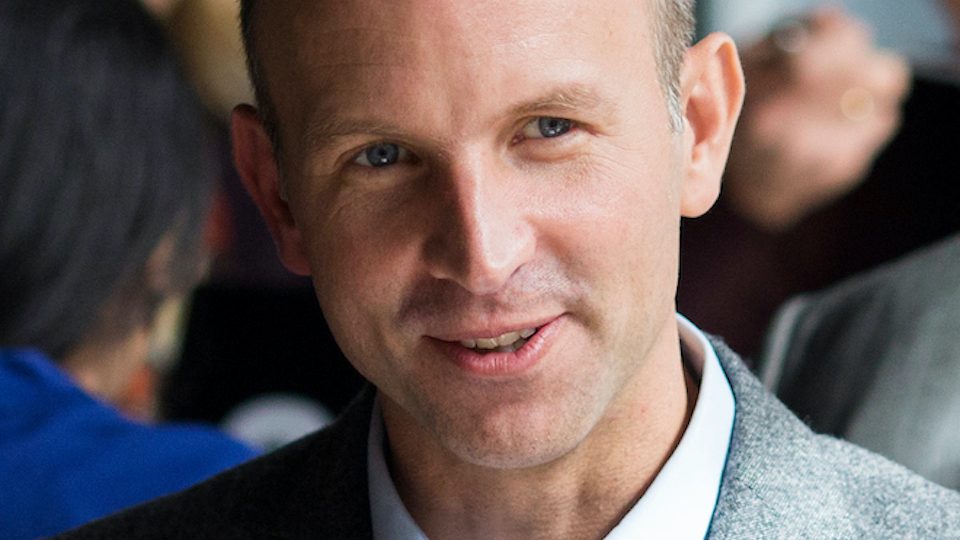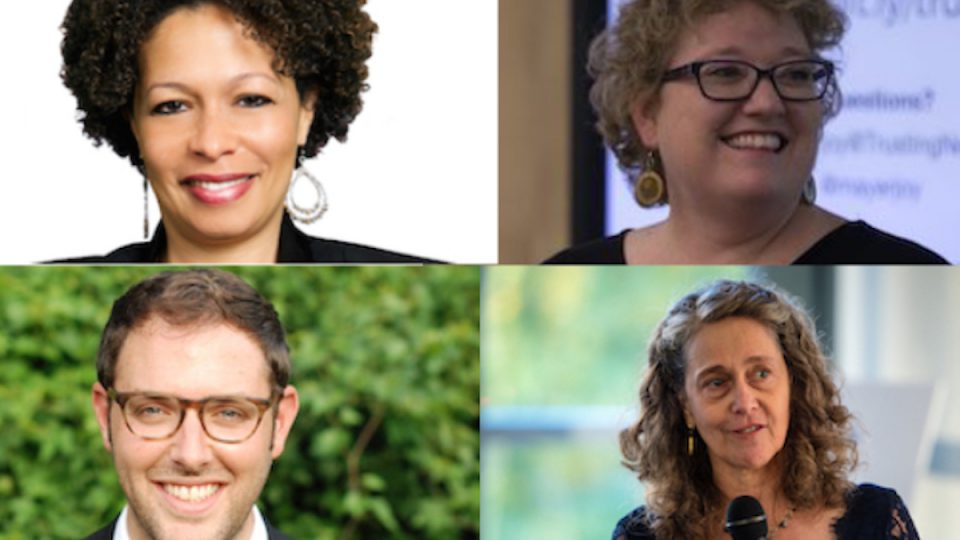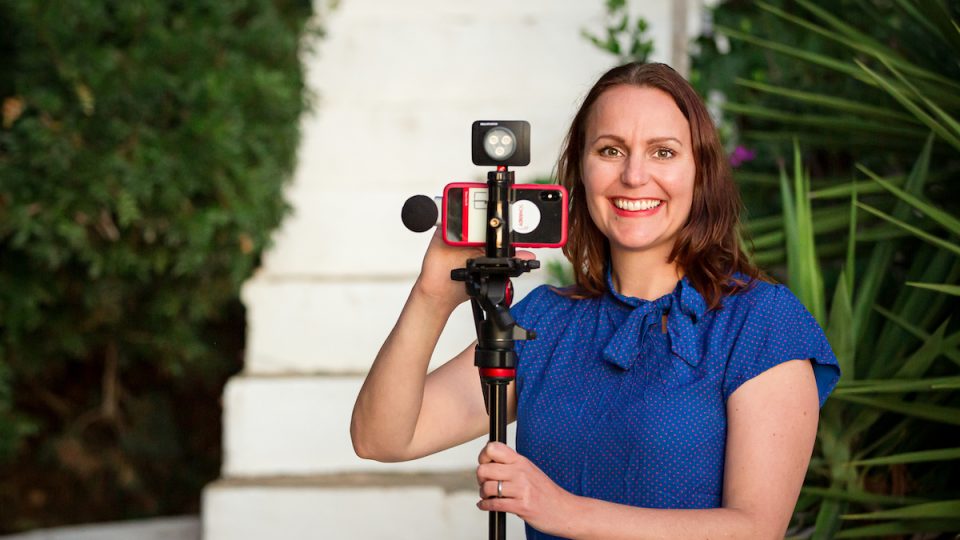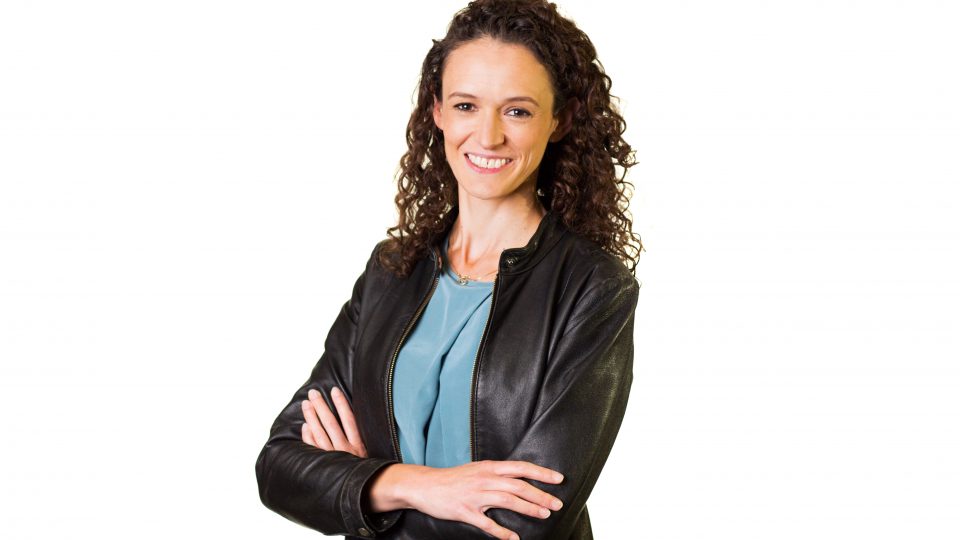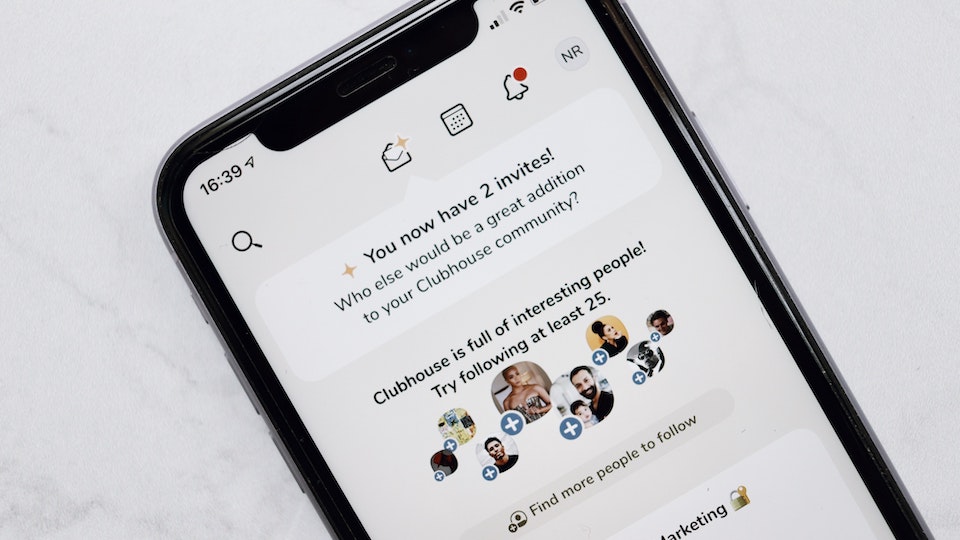The main mission of Newsrewired is to share knowledge about the latest trends in digital publishing to inspire change in newsrooms. Thanks to the support from United Robots, we are pleased to be able to invite 10 journalists from under-represented backgrounds to our upcoming conference, taking place from 19 to 28 October 2021. To enter […]
10 journalists from under-represented backgrounds can win a ticket to Newsrewired thanks to United Robots



